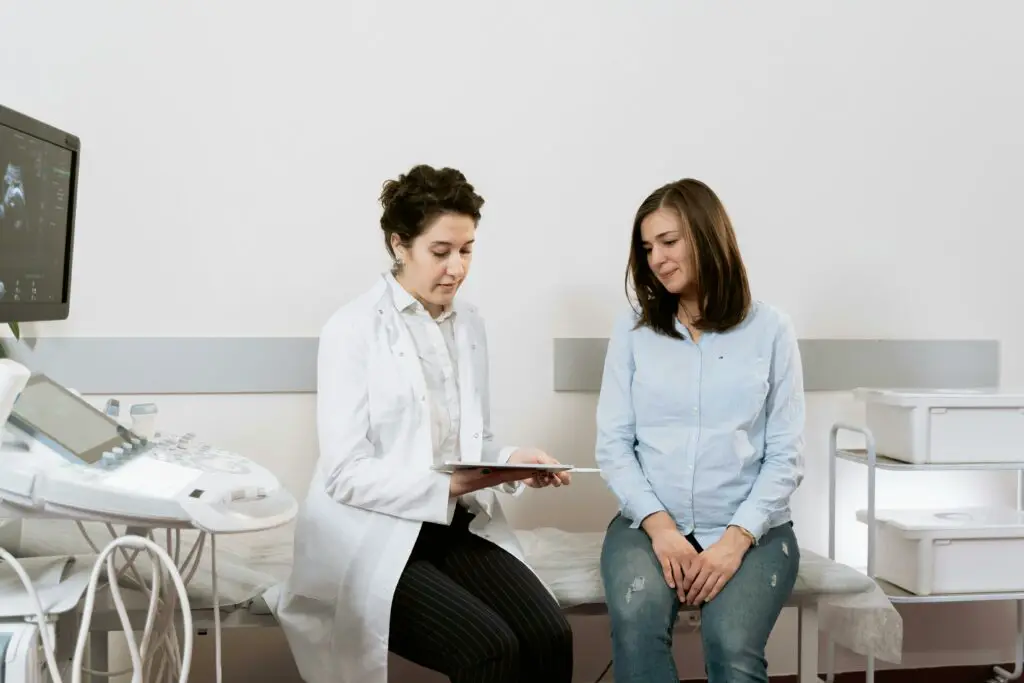Navigating the corridors of healthcare can often feel like an impersonal journey, marked by sterile environments and fleeting interactions. Yet, amidst the hustle of clinical routines, there blooms the rare and comforting realization that your doctor not only sees you as a patient but also values you as an individual. This revelation is subtle, often conveyed through nuanced behaviors rather than overt declarations. It’s in the art of noticing, in understanding that beneath the professional veneer lies a human connection yearning to be acknowledged. So, how do you discern this affinity? What are the signs that your doctor genuinely likes you, not just as a patient, but as a person whose wellbeing genuinely matters to them?

- They Remember Personal Details: Your doctor recalls small, seemingly inconsequential details you’ve shared in past visits—your cat’s name, how you prefer to spend your weekends, or your aversion to cold weather. This attentiveness to the minutiae of your life signals an engagement that transcends the clinical.
- They Spend More Time With You: Time, in the medical field, is a precious commodity. If your doctor routinely spends more time with you than seems strictly necessary for your care, it’s a testament to their interest and investment in your wellbeing.
- They Show Genuine Concern: Beyond the standard inquiries about your symptoms, they ask how you’re coping emotionally with your health concerns. Their approach is empathetic, seeking to understand and alleviate your worries, not just your physical ailments.
- They’re Accessible: While doctors are invariably busy, those who like you will make an effort to be more accessible. This could mean responding to your emails or calls promptly, or fitting you into their schedule when you need urgent care.
- They Advocate for You: A doctor who goes above and beyond to advocate for your needs, be it pushing for referrals, exploring new treatment options, or supporting your case in administrative matters, is showing a level of care and dedication that is personal.
- They Share a Bit About Themselves: While maintaining professional boundaries, a doctor who likes you might share small, appropriate snippets about their life or interests. This reciprocal exchange humanizes the doctor-patient relationship.
- They Encourage Questions: Instead of rushing through appointments, they encourage you to ask questions and express concerns, validating your curiosity and anxieties as part of the care process.
- They Follow Up: Following up after appointments or procedures, especially when not strictly necessary, indicates a personal commitment to your health journey.
- They Respect Your Views and Decisions: A doctor who likes you respects your autonomy, listens to your perspectives, and considers your preferences in treatment plans, showing respect for you as an individual.
- They Show Patience: They exhibit patience, explaining medical jargon in layman’s terms and ensuring you understand your condition and treatment options, demonstrating respect for your capacity to be an informed participant in your care.
- Subtle Non-Verbal Cues: Sometimes, it’s not just what they say but how they say it. Warmth in their tone, making eye contact, and body language that conveys openness and attentiveness are subtle indicators of their regard for you.
- They Go the Extra Mile: Perhaps they remember to check in on a particular issue you mentioned in passing, or they provide resources and information beyond the immediate scope of your queries. Going the extra mile shows they care.
In the labyrinth of healthcare, where interactions are often fleeting and functional, recognizing these signs can be profoundly reassuring. It reaffirms the notion that at the heart of healthcare lies a fundamental human connection. This connection, nuanced and quietly affirming, transforms the clinical journey into one marked by mutual respect and genuine care. It’s a reminder that beyond the roles of doctor and patient, there exists a shared human experience, enriched by empathy, understanding, and, yes, even liking.
